Islamic Dua, or supplication, is a profound spiritual practice that forms the cornerstone of a Muslim’s relationship with Allah. In the diverse cultural landscape of the United States, where Muslims come from various backgrounds and traditions, understanding and mastering the art of Dua is essential for both personal spiritual growth and community cohesion. This comprehensive guide aims to provide American Muslims with the knowledge, resources, and practical tools needed to deepen their Dua practice, regardless of their level of familiarity with Islamic teachings. Whether you’re a new convert to Islam, a second-generation Muslim seeking to reconnect with your heritage, or simply someone looking to enhance your spiritual journey, this guide will equip you with the fundamentals and advanced aspects of Islamic Dua practice in the American context.
Understanding Islamic Dua
Definition and Significance
Islamic Dua (دعاء) is the act of calling upon, addressing, and supplicating to Allah. Unlike prayer (Salah), which has specific prescribed movements, words, and timings, Dua represents the direct communication channel between a believer and their Creator. The significance of Dua in Islam cannot be overstated—it is considered one of the most powerful acts of worship that connects a servant to their Lord. The Prophet Muhammad (peace be upon him) said: “Dua is the essence of worship.” This profound statement highlights that at the core of our relationship with Allah is the acknowledgment of our dependence on Him and our recognition that He alone can fulfill our needs.
In the United States, where Muslims navigate a secular society, Dua serves as both a spiritual anchor and a source of strength. It allows American Muslims to maintain their Islamic identity while integrating into American society. The practice of Dua provides comfort during times of uncertainty, guidance when making important life decisions, and gratitude for the blessings received in a land of opportunity.
Quranic and Hadith Foundations
The importance of Dua is emphasized throughout the Quran and Sunnah. The Quran states: “And your Lord says, ‘Call upon Me; I will respond to you.'” (Surah Ghafir, 40:60). This verse establishes a divine promise that Allah will respond to those who call upon Him. Another significant verse says: “And when My servants ask you concerning Me, indeed I am near. I respond to the invocation of the supplicant when he calls upon Me.” (Surah Al-Baqarah, 2:186).
The Hadith literature contains numerous narrations that highlight the importance, power, and etiquette of Dua. The Prophet Muhammad (peace be upon him) said: “Nothing repels destiny except Dua, and nothing increases one’s lifespan except good deeds.” (Sunan Tirmidhi). This Hadith illustrates the transformative power of sincere supplication.
Theological Perspective
From an Islamic theological perspective, Dua is based on several fundamental beliefs:
- Tawhid (Oneness of Allah) – Recognizing that only Allah has power to grant what we seek
- Rahmah (Mercy) – Understanding that Allah is the Most Merciful and loves to hear from His servants
- Qadr (Divine Decree) – Accepting that Allah’s wisdom may manifest His response in ways different from our expectations
- Shukr (Gratitude) – Thanking Allah for His response, whether it comes as expected or in a different form
Key Components of Islamic Dua
Sincerity (Ikhlās)
The foundation of any effective Dua is sincerity. This means making Dua purely for the sake of Allah, without showing off or seeking recognition from others. The Prophet Muhammad (peace be upon him) said: “Dua is worship, so when you make Dua, be persistent and do not say, ‘I made Dua and Allah did not answer it.'” (Sahih al-Bukhari). Sincerity ensures that our Dua remains focused on our relationship with Allah rather than on external validation.
In the American context, where individualism is often emphasized, maintaining sincerity in Dua requires conscious effort. It’s easy to fall into the trap of making Dua with specific expectations or outcomes in mind, rather than surrendering to Allah’s wisdom. American Muslims should strive to make Dua with the understanding that Allah knows what is best for them, even if they don’t always understand His wisdom.
Proper Etiquette (Ādāb)
Making Dua involves certain etiquettes that, when followed, increase the likelihood of acceptance. These include:
- Beginning with praise of Allah – Start by glorifying Allah with His beautiful names and attributes
- Sending peace upon the Prophet – Include the invocation of Allah’s peace and blessings upon Prophet Muhammad (peace be upon him)
- Expressing need and humility – Acknowledge one’s dependence on Allah
- Being specific – Clearly articulate one’s needs and desires
- Having hope in Allah’s response – Trust that Allah will respond, even if not immediately
Timing and Circumstances
While Dua can be made at any time, certain times and circumstances are considered more opportune for acceptance:
- During the last third of the night – The time when Allah descends to the lowest heaven
- During prostration in prayer – The closest position to Allah
- When breaking fast – At the time of iftar during Ramadan
- On the Day of Arafah – The ninth day of Dhul-Hijjah
- During rain – As rain is a form of mercy from Allah
- After the five obligatory prayers – Especially in congregation
American Muslims should take advantage of these special times, adapting them to their schedules in the USA. For example, making Dua during the last third of the night might mean setting an alarm before Fajr prayer, especially during weekends when work schedules might be less demanding.
Content and Language
The content of Dua can encompass all aspects of life, from worldly needs to spiritual aspirations. The Quran and Sunnah provide numerous examples of supplications that Muslims can recite, either in Arabic or in their native language. While Arabic is preferred for its spiritual significance, Allah understands all languages and responds to sincere supplications in any tongue.
In the diverse American Muslim community, language should not be a barrier to making Dua. Those who are not fluent in Arabic can use translations of authentic supplications or make their own heartfelt supplications in English or other languages. The key is sincerity and understanding, not linguistic perfection.
Benefits and Importance of Dua
Spiritual Benefits
Regular practice of Dua has profound spiritual benefits that strengthen one’s relationship with Allah:
- Increased faith (Iman) – Recognizing Allah’s power and mercy in responding to supplications
- Spiritual tranquility – Finding peace in surrendering one’s worries to Allah
- Protection from trials – Seeking Allah’s refuge from difficulties and temptations
- Cultivation of gratitude – Thanking Allah for both blessings and challenges
- Moral development – Internalizing Islamic values through constant remembrance of Allah
Psychological Benefits
In today’s fast-paced American society, where stress and anxiety are prevalent, Dua offers significant psychological benefits:
| Psychological Benefit | How Dua Helps |
|---|---|
| Stress Reduction | Transferring worries to Allah reduces the psychological burden |
| Emotional Regulation | Provides a constructive outlet for processing difficult emotions |
| Improved Focus | Regular Dua practice enhances mindfulness and presence |
| Resilience Building | Develops patience and trust in Allah’s wisdom during hardships |
| Sense of Purpose | Connects daily life to a higher spiritual purpose |
Social Benefits
While Dua is primarily an individual act of worship, it also has important social dimensions:
- Community solidarity – Making collective Dua for the Muslim community and humanity
- Interpersonal relationships – Teaching empathy and concern for others’ needs
- Conflict resolution – Seeking guidance in resolving disputes
- Social justice – Supplicating for oppressed people worldwide
In the American context, where Muslims sometimes face challenges related to identity and belonging, collective Dua can strengthen community bonds and provide support during difficult times.
Practical Applications in Daily Life
Morning and Evening Supplications
Islamic tradition includes specific supplications for morning and evening that American Muslims can incorporate into their daily routines. These authentic supplications provide protection, guidance, and blessings throughout the day. Even busy professionals in the USA can benefit from memorizing and reciting these short yet powerful prayers.
The morning supplications (Adkār al-Ṣubḥ) include phrases like:
“Allāhumma bika asbahnā, wa bika amsaynā, wa baka naḥya, wa bika namūtu, wa ilayka al-masīr” (O Allah, with Your help we have reached the morning, with Your help we have reached the evening, with Your help we live, and with Your help we die, and to You is our return) “Lā ilāha illallāhu waḥdahu lā sharīka lah, lahu al-mulku wa lahu al-ḥamdu, wa huwa
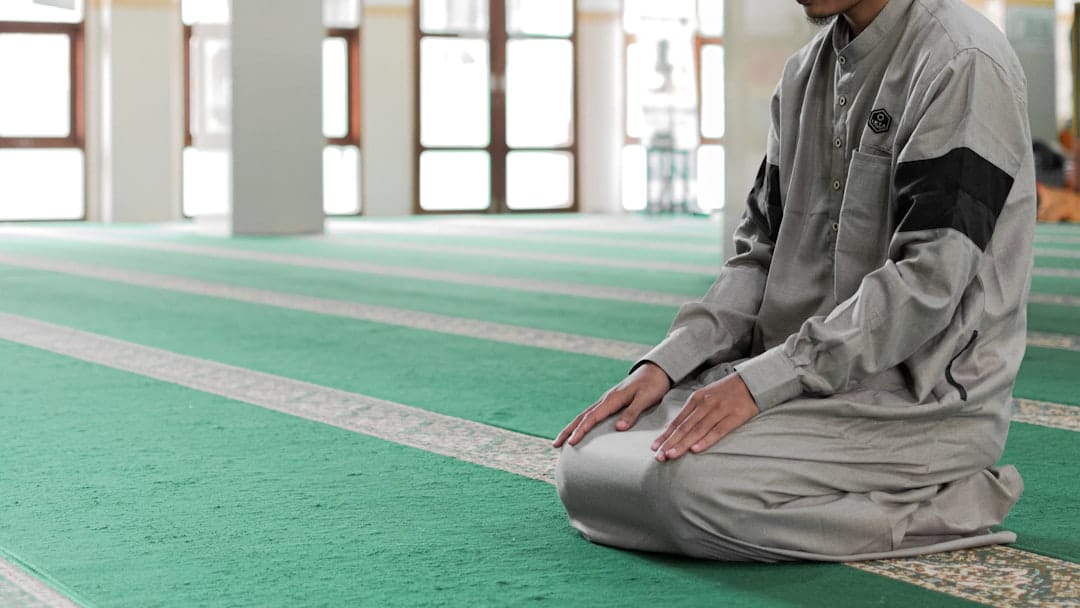

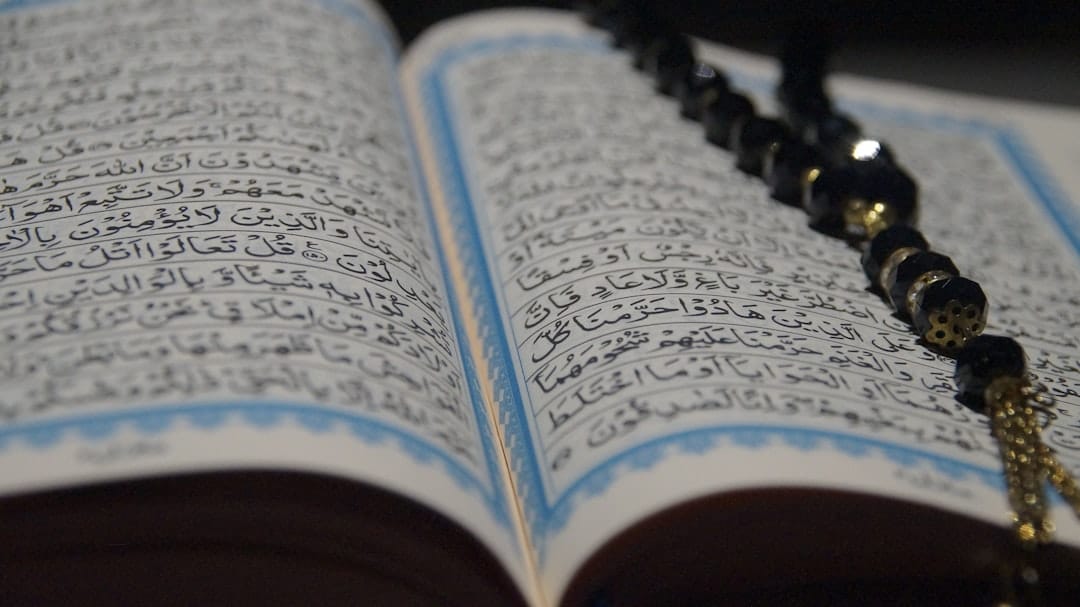

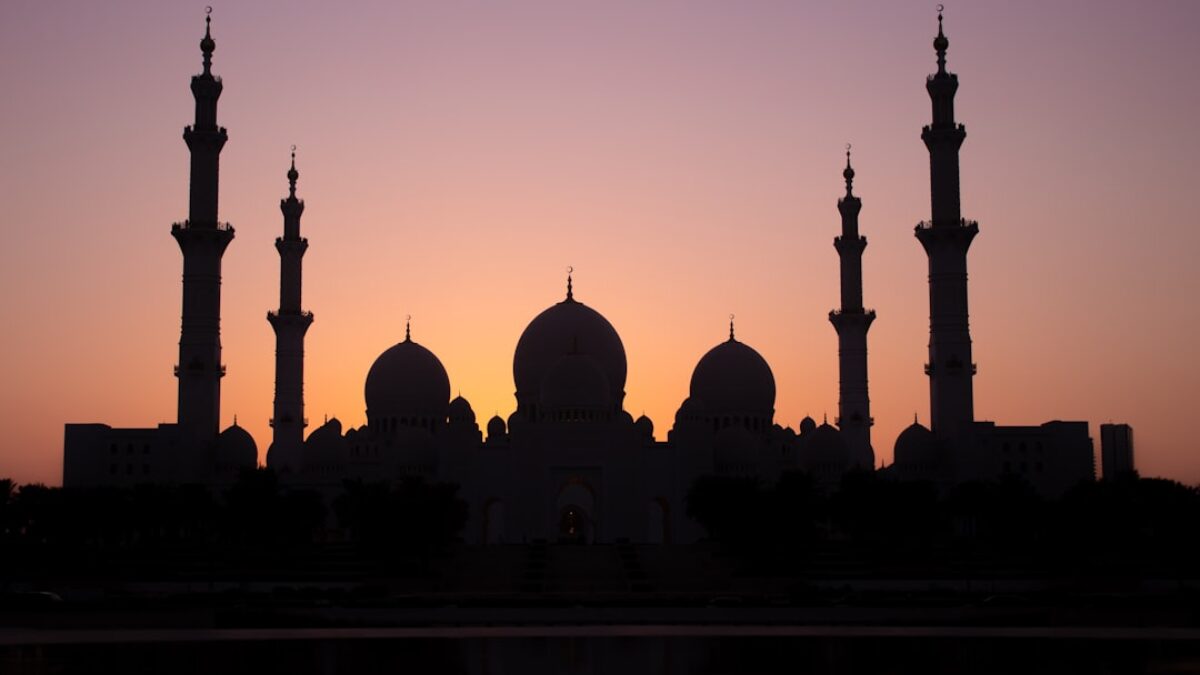
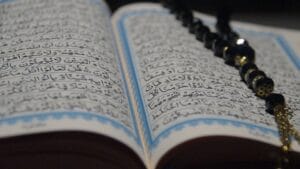


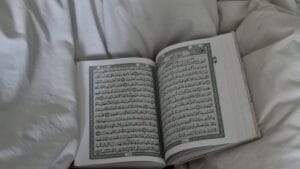



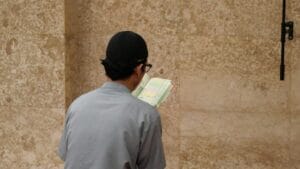

Post Comment